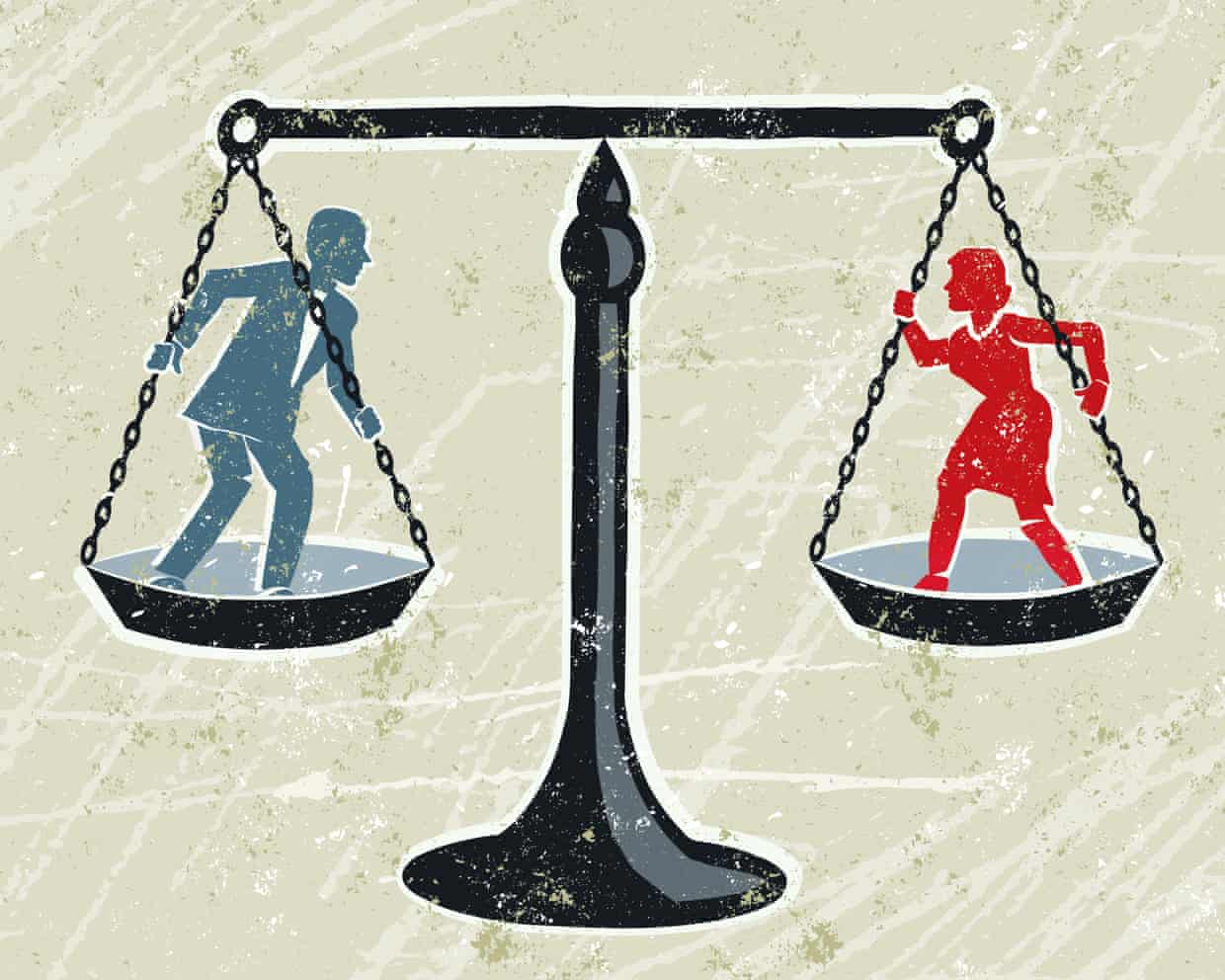Discussion surrounding the evolving dynamics of the workplace has intensified, with a recent speech by American journalist Helen Andrews at the National Conservatism Conference in Washington, D.C. igniting debate. Andrews argued that the increasing presence of women in the workplace, particularly in leadership roles, has led to a so-called “Great Feminisation,” which she claims undermines traditional masculine values. This assertion has drawn criticism for oversimplifying the complexities of gender roles and workplace dynamics.
Andrews contends that the rise of stereotypically feminine values, such as conflict resolution and collaborative approaches, has resulted in a workplace imbalance. She expresses concern for future generations, particularly her sons, in a world she perceives as increasingly feminised. Critics argue that this viewpoint is not only reductive but also overlooks the nuanced realities of gender identity and economic challenges faced by both men and women today.
The crux of the issue lies in the rigid stereotypes that continue to define masculinity and femininity. Scott Galloway, an American academic and author, addresses similar themes in his book, Notes on Being a Man. He links economic instability—characterised by declining wages and rising unemployment—to a broader crisis in male identity. Galloway’s perspective highlights that while women have made significant strides in the workplace, men are grappling with outdated expectations about what it means to be a man.
A report titled The State of UK Men, produced by the organization Beyond Equality, reveals critical insights into male identity and economic pressures. According to the report, a staggering 88% of men surveyed believe that being a man equates to providing financially for their families. Yet, 40% of these men reported that their income was insufficient to meet daily needs, leading to widespread anxiety about financial stability.
This report further indicates that men and women face similar economic challenges, with both genders lacking a sense of purpose in their lives. The gender pay gap in the UK currently stands at approximately 13%, and women are disproportionately represented in part-time roles, which typically offer lower wages. Additionally, women are increasingly becoming heads of households and primary caregivers, often referred to as the main “shock absorbers” of poverty by organizations like the Women’s Budget Group.
The societal response to economic difficulties appears to be influenced by deeply ingrained gender norms. Issues such as job insecurity or falling wages are often viewed as personal failures that impact masculinity, while similar experiences among women are less frequently framed through the same lens. This phenomenon, termed the “masculinity burden,” suggests that societal expectations regarding male identity complicate the understanding of economic precarity.
The findings from The State of UK Men demonstrate that traditional measures of male worth are closely linked to employment and financial stability, which can lead to feelings of shame and inadequacy when these expectations are unmet. Nevertheless, women also face their own set of pressures, including societal standards of beauty and motherhood, which can impose significant expectations on their identities.
To address these challenges, it is essential to move beyond simplistic narratives about gender roles. The needs of men in the workplace are not dictated by the presence of women but rather by broader systemic issues such as job security, livable wages, and flexible work arrangements. Remarkably, 83% of men expressed a desire to share household responsibilities equally with their partners, and 80% sought practical support to be more present in family life.
These insights suggest that fostering a workplace environment conducive to collaboration and support benefits everyone, regardless of gender. While Andrews’ thesis may resonate with some, the evidence points toward the necessity of creating a more equitable and inclusive work culture. Ultimately, the goal should be to build a society that values diverse contributions and nurtures human needs, which can be interpreted as a feminist ideal rather than a feminised one.
In conclusion, as discussions around masculinity and workplace dynamics continue to evolve, it is crucial to challenge outdated stereotypes and address the underlying economic realities that affect all individuals. By focusing on shared responsibilities and mutual support, society can create a more balanced landscape that benefits everyone, regardless of gender.
